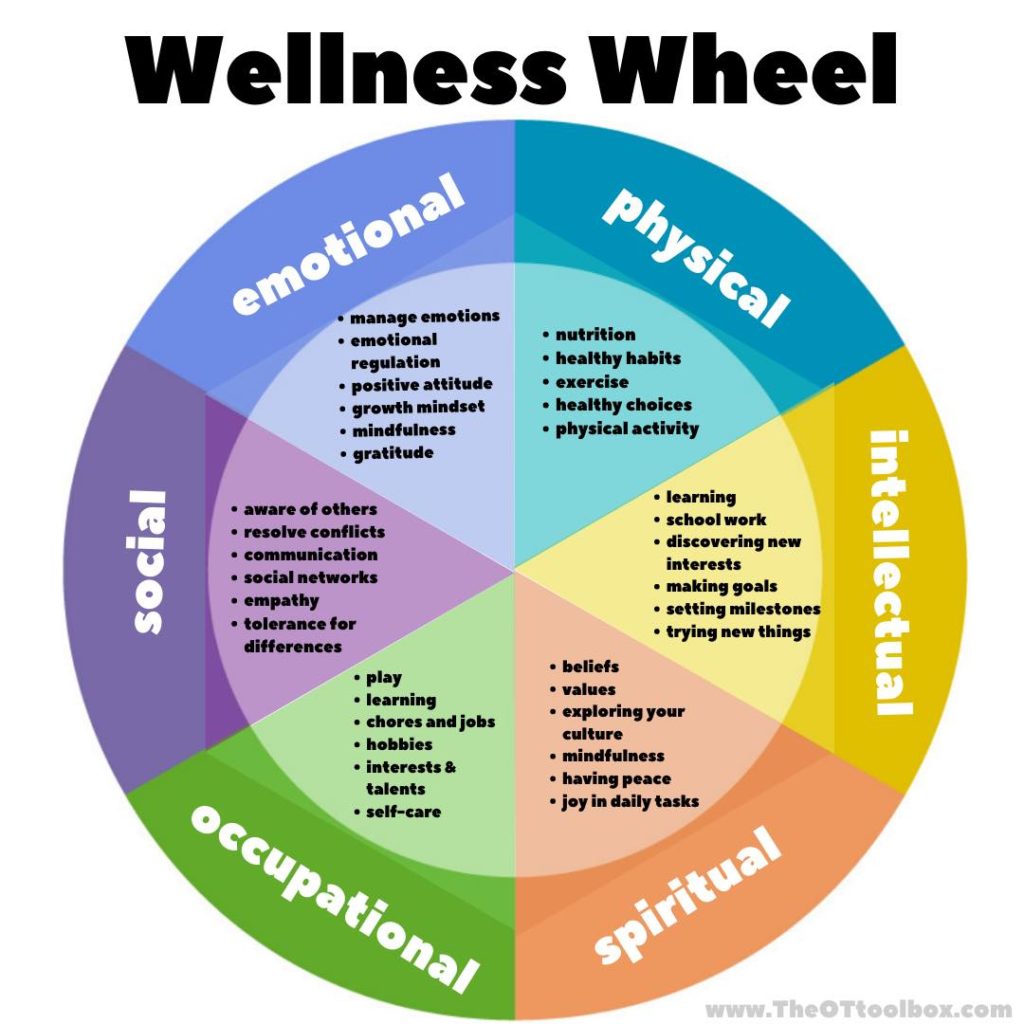In today’s blog, we honor the importance of emotional health. Especially in the last two years, many of us have struggled with our emotional health, and rightly so. Our world has been turned upside down by a virus and our lives have been upended in countless ways. Our emotions have spanned everything from fear, grief, and shock, to elation (a vaccine!), anger, and it seems every other emotion under the sun. We are human beings who feel, and despite our best efforts, sometimes our feelings can run over us, leaving us with anxiety, depression, and worry.

Our emotions and thoughts are not who we are, but it often feels that way. Meditation and mindfulness practices tell us that our thoughts are fleeting, and teach us to simply observe them. We can pray, too, speaking to a God of infinite, unconditional love. We can rest in the knowledge that we are never alone.
We can’t write this post without mentioning the importance of connection and how it feeds our emotional health. One reason why so many of us have struggled during the pandemic is because we feel cut off from friends, neighbors, and loved ones. These human connections are in our DNA and it hurts when they are absent, especially for an extended period of time.

Let’s not forget the power of human touch! How many of you have missed hugs? Or not being able to hold a loved one’s hand? These losses are deeply felt in the human soul, yet give us the opportunity to grow: in faith, in resilience, and in empathy for others. We seek the good, and we accept a life that is not perfect. We grow as people who have withstood something historic, and have lived to tell about it.
So what can we do? Let’s take some cues from the Wellness Wheel:

When journeying through emotional health issues, some people need medicine. We thought it would be appropriate to conclude this post with a special prescription that is sure to help. Refills are unlimited and you do not have to call us in the morning! This came to us from Timothy Olson, a friend of one of our Willow Brook employees1.
Your prescription
Directions: Take daily or weekly, as needed.
1. Timothy’s “prescription” concept stems from a New York Times Bestseller called The 4:8 Principle by Tommy Newberry, which focuses on the text in Philippians 4:8: "Finally, brethren, whatever things are true, whatever things are noble, whatever things are just, whatever things are pure, whatever things are lovely, whatever things are of good report, if there is any virtue and if there is anything praiseworthy—meditate on these things.” The book delves into how easy it is to complain or focus on the negative in our day to day lives, but you have to intentionally work to think about the good, or center your mind on the positive.